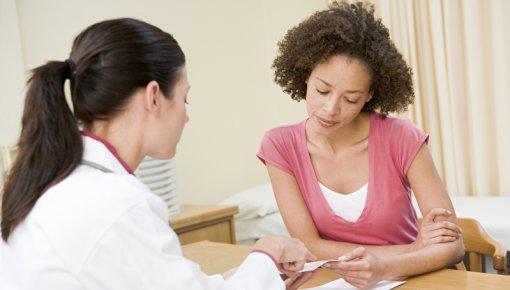Vaginal yeast infections (thrush): What can help?

Vaginal infections are often caused by an overgrowth of yeast (a type of fungus). Also known as thrush, yeast infections in the vagina usually go away after a short course of treatment with antifungal medication. It is not clear whether home remedies help.
Many women are familiar with the symptoms of vaginal yeast infections: unpleasant itching and burning, as well as whitish cottage-cheese-like vaginal discharge. Vaginal yeast infections are treated with antifungal drugs (antimycotics). The symptoms usually go away after a short course of treatment with these medications when used locally in and around the vagina.
It is sometimes a good idea to take oral medication (swallowed in the form of tablets) or to use the treatment for longer.
